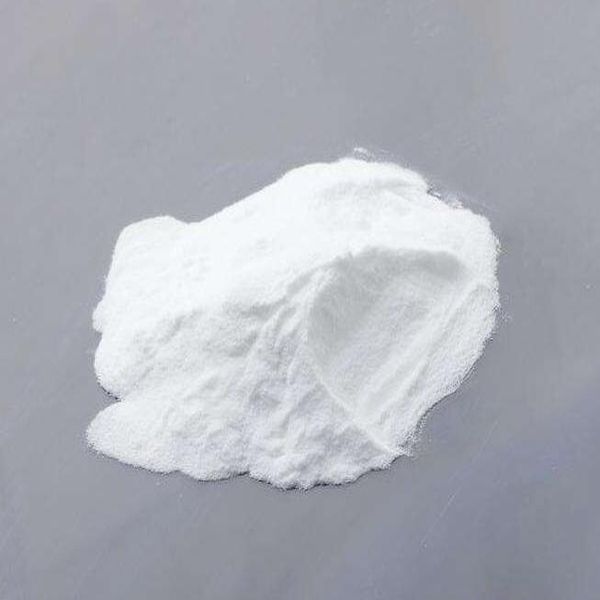At present, the main drugs for treating influenza are amantadine and amantadine. Amantadines are tricyclodecane derivatives, which mainly produce anti-viral effects by preventing virus adsorption, shelling and the release of nucleic acids. However, this kind of medicine is only effective against influenza A virus and not effective to type B, and influenza virus is prone to drug resistance and has obvious adverse reactions to the above two drugs. In some patients, congestive heart failure, urinary retention, and loss of vision have restricted the use of these drugs. The second-generation drugs are effective against both influenza A and B viruses. The representative drug is oseltamivir phosphate, which is a potent and selective prodrug of influenza virus neuraminidase inhibitor (NI) inhibitor. Its active metabolite is a potent and selective influenza virus neuraminidase inhibitor, which changes the aggregation and release of viral infection in cells by inhibiting influenza virus neuraminidase. Although it is a special drug for the treatment of influenza, it has many adverse reactions. The most adverse reactions are nausea and vomiting, which may include diarrhea, dizziness, fatigue, nasal congestion, sore throat and cough. Do not take Tamiflu within two weeks of using live attenuated influenza vaccine, and do not use live attenuated influenza vaccine within 48 hours after taking Tamiflu.
Post time: May-07-2020
